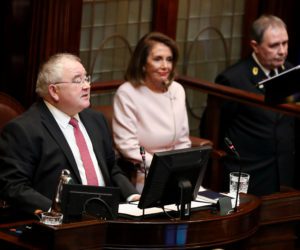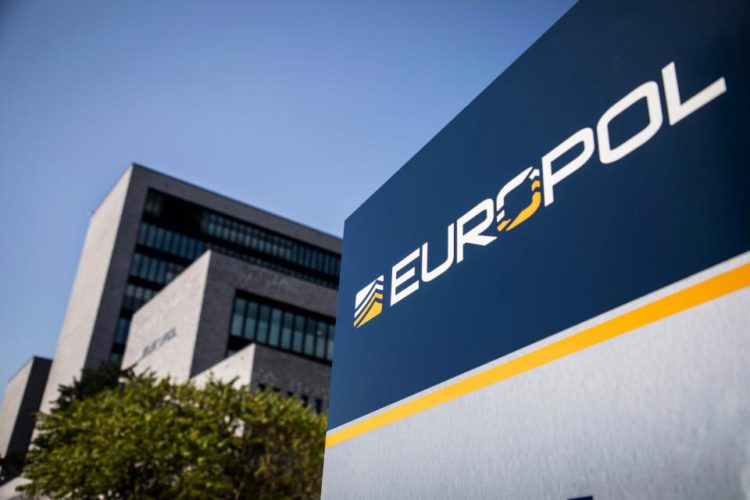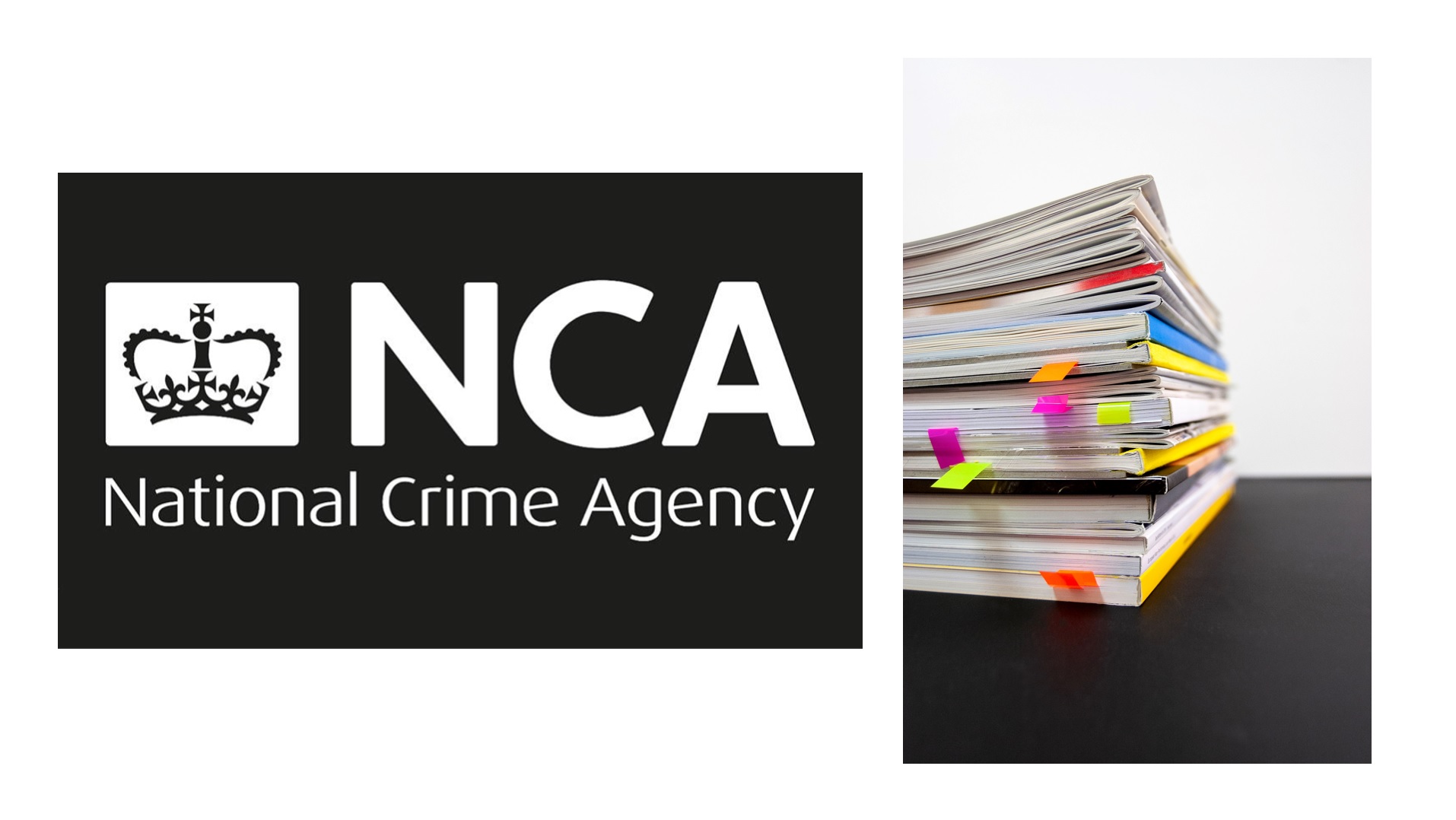By Alisha Houlihan for AMLi
SMALL “but significant change” in international AML laws could have tremendous impacts against human traffickers, the UN University Centre for Policy Research (UNU-CPR) says.
A report from the UNU-CPR emphasizes that criminalizing knowingly benefiting from human trafficking or forced labour would bridge the gap between the billions made by these crimes and the compensation that is provided to their victims.
The authors of Asset Recovery and Restitution argue that changing the anti-money laundering regime would lead to less exploitation and labour abuse in addition to securing compensation.
According to the report, once perpetrators understand that their profits can be seized and confiscated, their risk calculus will change and they will be more likely to prevent and not support these crimes.
Co-author Andy Shen, Government and Multilateral Organizations Lead at the project’s Finance Against Slavery and Trafficking (FAST) said: “Millions around the world are trapped in situations of forced labour – and their suffering is perpetuated by an economic system that tends to overlook the mistreatment of workers because of the cost savings their exploitation secures for corporations”.
“Making knowingly benefitting financially from human trafficking or forced labour a predicate offence to money laundering would send a clear signal to corporations and mobilize the financial sector to more effectively prevent and address abuses in their value chains,” he added.
To determine their involvement in efforts to secure compensation for victims and survivors, and the degree to which they cooperated with other organizations/entities, Asset Recovery and Restitution consulted 47 representatives from governments, multilateral organizations, the financial sector, and civil society.
It is believed some officials from ministries of justice and civil society organizations have supported legal or administrative proceedings to compensate victims/survivors. Two and nine of these cases were compensated.
The responses revealed that agencies/entities had the capability and experience to take on a larger role.
In addition, several authorities/entities have improved their capabilities and capacities in identifying assets and proceeds, providing remedies, and compensating victims.
Some reported receiving or delivering training to strengthen investigations into illicit proceeds, while a smaller number reported receiving training to support asset freezing, seizure, or recovery cases.
The study also found that most of its respondents supported the concept of shared responsibility for providing compensation for these crimes – both for individuals/companies in the country where workers were exploited and in countries that sell tainted goods.
“Although our findings confirm that only a few agencies/entities had supported efforts to seize assets and proceeds linked with human trafficking and/or forced labour, there are clearly also positives to reflect upon,” says Loria-Mae Heywood, co-author of the report and Research Associate for the FAST initiative.
“There was also a widespread belief that individuals/companies benefitting from these crimes should be held accountable,” she added.
Share this on:
Follow us on:








